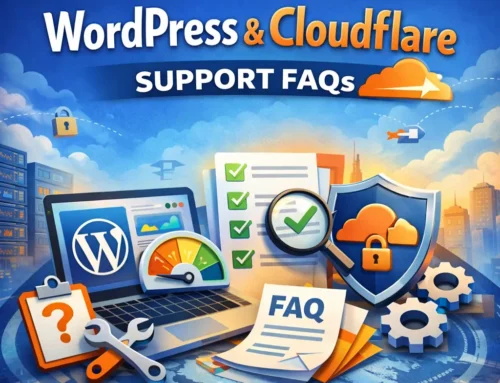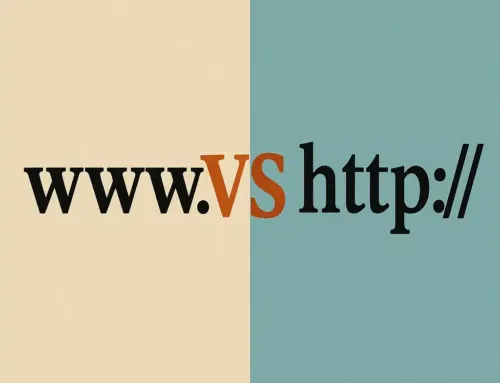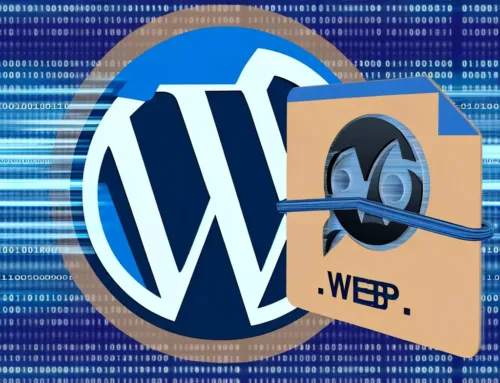
FAQ: Tutorial #4: WordPress Posts vs. Pages
FAQ
Approx read time: 5 min.
Tutorial #4: WordPress Posts vs. Pages
The distinction between WordPress posts and pages is fundamental to content organization and navigation within a WordPress website, and it also carries significant implications for Search Engine Optimization (SEO). Understanding these differences not only helps in structuring your website more effectively but also in optimizing it for better search engine rankings.
WordPress Posts
- Nature: Posts are dynamic content, typically used for blogs, news, articles, and any content that is part of a series or will be updated over time. They are listed in reverse chronological order (newest first) on the blog page.
- SEO Implications:
- Freshness: Search engines like Google often give higher rankings to websites with fresh, updated content. Regularly publishing posts can signal that your site is active, potentially improving your rankings.
- Categorization and Tagging: Posts allow for categorization and tagging, which can help search engines understand the structure of your site and the relevance of your content to specific keywords or topics.
- Engagement: Posts typically encourage engagement through comments, shares, and likes. High engagement can signal to search engines that your content is valuable, further boosting SEO.
WordPress Pages
- Nature: Pages are static content, used for information that changes infrequently. This includes content like “About Us,” “Contact,” “Services,” and other foundational website information. Pages are hierarchical, meaning they can have parent and child pages to organize information effectively.
- SEO Implications:
- Site Structure: Pages contribute to the overall structure of your site. A well-organized site with clear navigation helps search engines understand your website’s hierarchy, improving the indexing of your content.
- Authority Pages: Some pages can become authoritative sources of information, attracting backlinks from other sites. Pages like comprehensive guides, resources, or long-form content can accumulate high authority, positively impacting your site’s overall SEO.
- Keywords: Since pages often cover foundational aspects of your business or topics, they are crucial for targeting core keywords. Well-optimized pages with relevant, high-quality content can rank well for targeted keywords.
SEO Strategies for Posts and Pages
- Content Quality and Relevance: Regardless of whether you’re creating a post or a page, the quality and relevance of your content to your audience are critical. High-quality, engaging content is more likely to rank well and attract backlinks.
- Keyword Optimization: Use relevant keywords naturally in your content, titles, meta descriptions, and URLs. However, avoid keyword stuffing, as it can negatively impact your SEO.
- Internal Linking: Use internal links to connect your posts and pages, helping search engines discover new content and understand the relationships between different parts of your site.
- Mobile Optimization: Ensure your site is mobile-friendly, as Google uses mobile-first indexing. This means the mobile version of your site is primarily used for indexing and ranking.
- Page Speed: Optimize your site’s loading time, as page speed is a ranking factor. Slow loading times can hurt your rankings and user experience.
In summary, both WordPress posts and pages play distinct roles in website content strategy and SEO. Posts, with their dynamic nature, are key for ongoing engagement and demonstrating site activity, while pages establish your site’s foundation and structure, often targeting core keywords. Properly leveraging both can enhance your site’s SEO performance, improving visibility, traffic, and engagement.
WordPress Pages vs Posts: What’s the Difference?
Key Differences
- Nature and Use: Posts are dynamic and meant for blog content, news, articles, and updates. They are timely and often intended for social sharing and comments, fostering engagement. Pages are static and used for timeless content such as ‘About Us’, ‘Contact’, or ‘Services’ pages. They provide essential information about your website or business and are not meant for daily updates.
- Organization: Posts can be categorized and tagged for organization, allowing for easier navigation and browsing by users. This also helps in grouping related content together. Pages, however, are hierarchical and can have parent and child pages, enabling you to structure your site’s layout more effectively.
- SEO Implications:
- Posts, being content-rich and frequently updated, can significantly boost your SEO efforts. Each post is an opportunity to target new keywords, engage users, and generate backlinks. The dynamic nature of posts means search engines regularly index them, potentially improving your site’s visibility and ranking.
- Pages, while not regularly updated, hold static, high-value SEO content. Optimizing your pages with relevant keywords, meta descriptions, and title tags is crucial. Since pages often contain cornerstone content, they can rank well for competitive keywords if properly optimized.
SEO Implications in Detail
- Content Freshness: Posts contribute to the ‘freshness’ of your website, a factor that search engines consider when ranking sites. Regularly publishing posts can signal to search engines that your website is continually updated with new information.
- Keyword Targeting: Posts allow for more extensive and specific keyword targeting. You can cover a wide range of topics and keywords, increasing your visibility for those searches. Pages, on the other hand, are ideal for targeting broad, high-competition keywords central to your business.
- Internal Linking: Both posts and pages benefit from internal linking, which helps distribute page authority throughout your site and improves navigation. Linking to relevant posts within your pages (and vice versa) can enhance user experience and SEO.
- Social Signals: Posts are more likely to be shared on social media, generating social signals that can indirectly affect SEO. High engagement and sharing can lead to more backlinks and traffic, both positive signals to search engines.
Conclusion
Understanding the differences between WordPress posts and pages and their respective SEO implications is crucial for effectively managing your website’s content and improving its search engine ranking. While posts are key to keeping your site dynamic and engaging, pages provide the foundational structure and essential information. Both are integral to a holistic SEO strategy, each serving unique but complementary roles in boosting your site’s visibility and user engagement.










